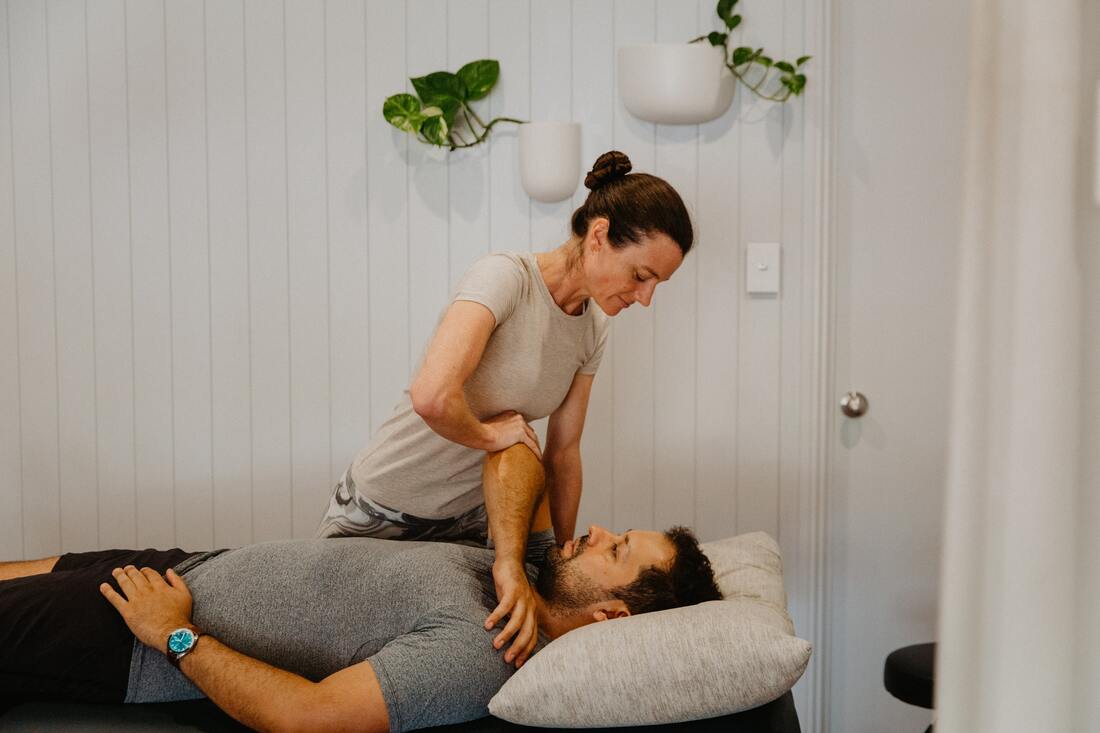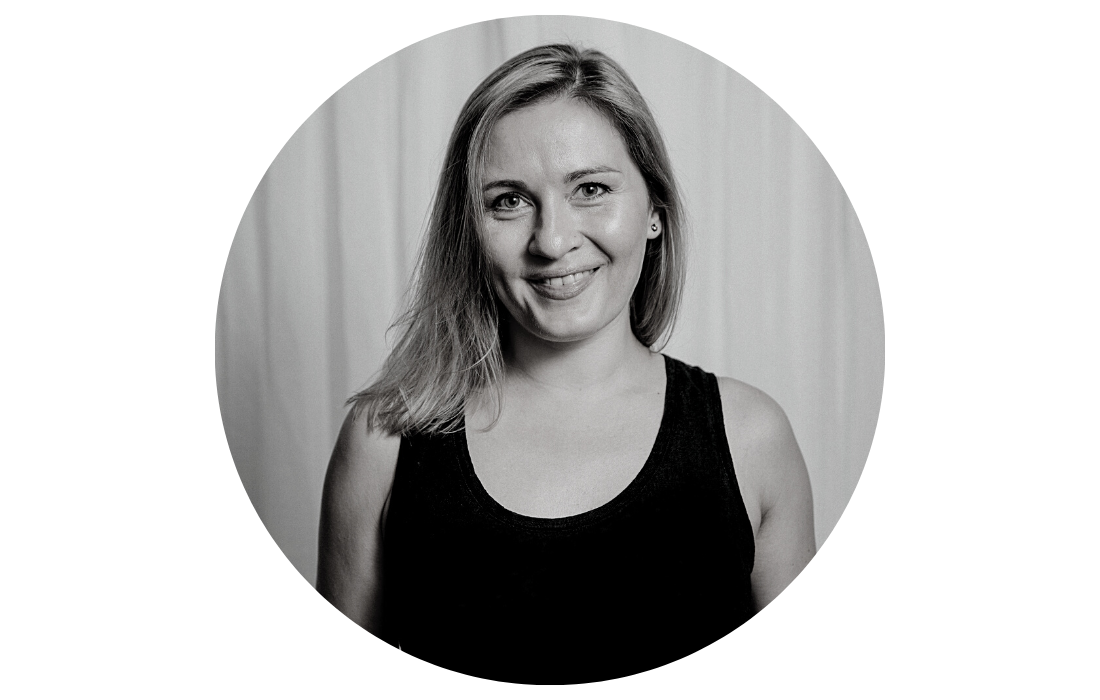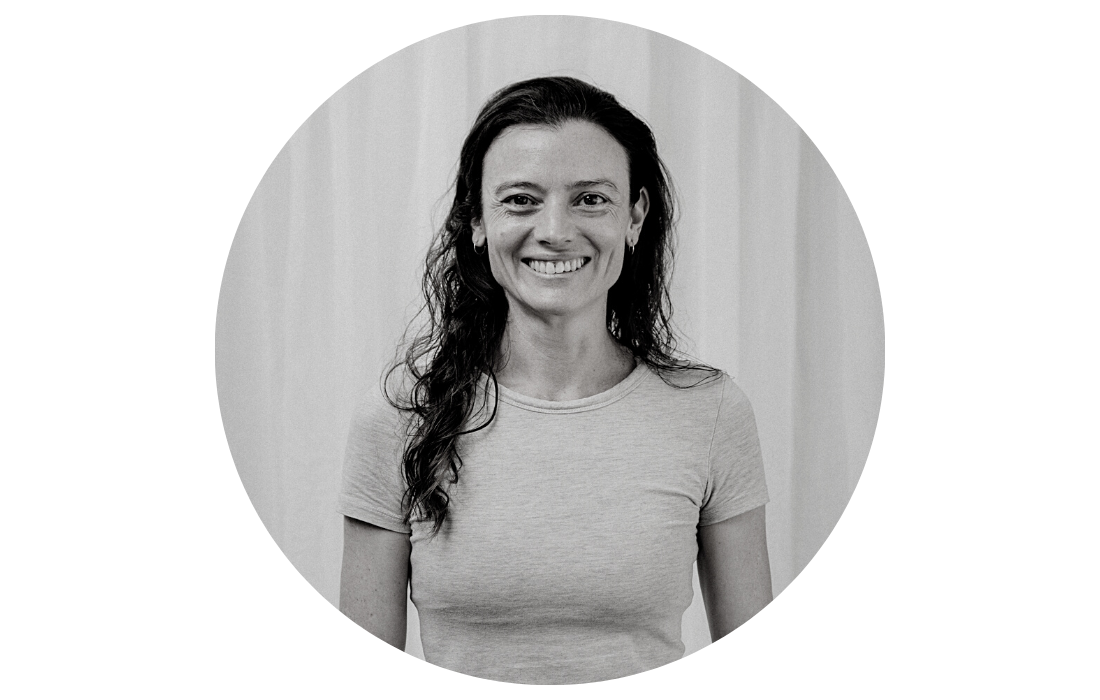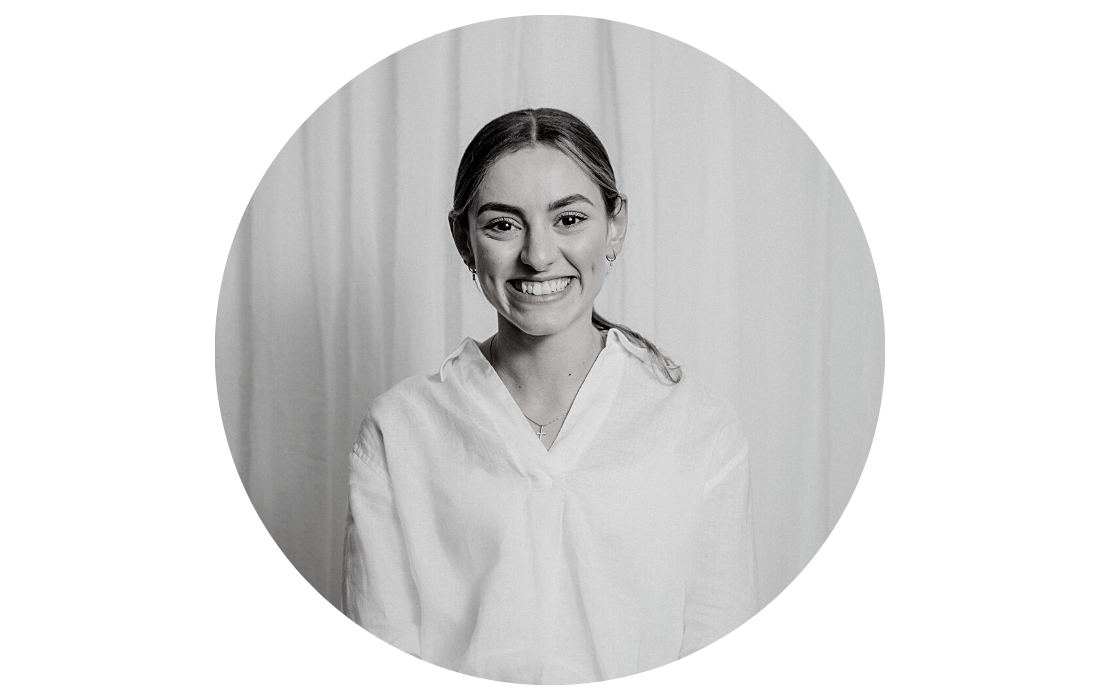Shoulder pain physiotherapy Brisbane southside.
The shoulder is complex with many structures that stabilise and allow movement at the joint. Shoulder pain is the third most common musculoskeletal complaint in adults with the leading cause coming from the rotator cuff muscles. Shoulder pain and injuries are common problems that affect people of all ages and backgrounds. While some shoulder pain can resolve on its own, others require the help of a physiotherapist to regain function and reduce pain.
Anatomy of the shoulder
The rotator cuff is made up of four muscles (supraspinatus, infraspinatus, subscapularis and teres minor) and the main role of these muscles is to provide stability to your shoulder joint by keeping your humerus (the arm bone) inside the joint socket on the scapula (the shoulder blade). The rotator cuff muscles start on the scapula and attach to the humerus.
Causes of shoulder injury
Shoulder pain has many different causes, often from traumatic incidences such as sporting, overhead activities, and workplace injuries. Common acute causes of shoulder pain can range from dislocations to muscle tears to ligament sprains and often present with weakness.
The most common shoulder pain is often from degenerative type pain that comes on gradually from overuse or abnormal biomechanics. The most frequent of these injuries are impingement, tendinopathy, and degenerative-type rotator cuff tears. Chronic type shoulder pain may come on with a slow, progressive onset of pain and weakness over time.
These conditions can be frustrating and cause considerable discomfort that has a significant impact on quality of life due to pain, fatigue, sick leave, and reduced work capacity. It is important that these be treated appropriately to avoid further dysfunction in the future.
Below are some of the most common causes of shoulder pain that can benefit from physiotherapy treatment:
Physiotherapy Management
Physiotherapy is the current first line treatment for shoulder pain, however there are a number of options available for treatment to suit you. A physiotherapist will work with you to give advice and education regarding alternate treatment options and primary physiotherapy rehabilitation will focus on improving your shoulder strength, stability, range of motion and unload damaged or overloaded tissues. Our physiotherapists will help to achieve your goals and get you back to doing the activities that matter to you.
Call us on 07 3706 3407 or email [email protected] for a booking or to see if we might be able to help!
Anatomy of the shoulder
The rotator cuff is made up of four muscles (supraspinatus, infraspinatus, subscapularis and teres minor) and the main role of these muscles is to provide stability to your shoulder joint by keeping your humerus (the arm bone) inside the joint socket on the scapula (the shoulder blade). The rotator cuff muscles start on the scapula and attach to the humerus.
Causes of shoulder injury
Shoulder pain has many different causes, often from traumatic incidences such as sporting, overhead activities, and workplace injuries. Common acute causes of shoulder pain can range from dislocations to muscle tears to ligament sprains and often present with weakness.
The most common shoulder pain is often from degenerative type pain that comes on gradually from overuse or abnormal biomechanics. The most frequent of these injuries are impingement, tendinopathy, and degenerative-type rotator cuff tears. Chronic type shoulder pain may come on with a slow, progressive onset of pain and weakness over time.
These conditions can be frustrating and cause considerable discomfort that has a significant impact on quality of life due to pain, fatigue, sick leave, and reduced work capacity. It is important that these be treated appropriately to avoid further dysfunction in the future.
Below are some of the most common causes of shoulder pain that can benefit from physiotherapy treatment:
- Rotator cuff injury: The rotator cuff is a group of muscles and tendons that attach to the shoulder blade and upper arm bone. Injury to the rotator cuff can occur from repetitive use, sports activities, or a fall. Rotator cuff injury can cause pain, weakness, and limited range of motion in the shoulder. Physiotherapy treatment can include exercises to strengthen the rotator cuff and improve shoulder mobility.
- Frozen shoulder: Also known as adhesive capsulitis, this condition occurs when the capsule that surrounds the shoulder joint becomes thickened and tight. Frozen shoulder causes pain and stiffness in the shoulder, making it difficult to move the arm. Physiotherapy treatment can involve gentle stretching exercises and joint mobilization techniques to help reduce pain and improve range of motion.
- Shoulder Impingement syndrome: This condition occurs when the tendons or bursa in the shoulder become compressed or pinched. Shoulder impingement syndrome can cause pain, weakness, and limited range of motion in the shoulder. Physiotherapy treatment can include exercises to strengthen the muscles around the shoulder joint and improve posture to prevent future impingement.
- Bursitis: Bursitis is the inflammation of the bursa, which is a small fluid-filled sac that provides cushioning between bones and soft tissues. Bursitis can occur in the shoulder due to overuse or trauma, causing pain and tenderness in the affected area. Physiotherapy treatment can include ice and heat therapy, gentle stretching, and strengthening exercises to help reduce pain and inflammation.
- Dislocated shoulder: A dislocated shoulder occurs when the upper arm bone pops out of the shoulder blade. This can be a painful and traumatic injury that requires immediate medical attention. Physiotherapy treatment can involve exercises to strengthen the shoulder muscles and improve stability to prevent future dislocations.
- SLAP tear: SLAP stands for "superior labrum anterior to posterior." A SLAP tear occurs when the labrum (a piece of cartilage that helps stabilize the shoulder joint) is torn from the top to the bottom. This injury can cause pain and weakness in the shoulder, and may require surgery to repair.
- AC joint injury: The AC joint is the joint between the collarbone and the shoulder blade. An AC joint injury can occur from a fall or direct impact to the shoulder, causing pain and tenderness in the area. Treatment may involve rest, ice, and physical therapy.
- Fractured shoulder: A fracture of the shoulder can occur from a fall or other traumatic event. Treatment may involve immobilization in a sling or cast, followed by physical therapy to regain range of motion and strength in the shoulder.
- Tendinitis: Tendinitis is inflammation of a tendon, which connects muscle to bone. Tendinitis can occur in the shoulder due to overuse or repetitive motions, causing pain and tenderness. Treatment may involve rest, ice, and physical therapy.
- Labral tear: A labral tear is a tear in the labrum, which can occur from overuse, trauma, or repetitive motions. This injury can cause pain and instability in the shoulder, and may require surgery to repair.
- Arthritis: Arthritis is inflammation of a joint, which can occur in the shoulder due to wear and tear over time. Arthritis can cause pain, stiffness, and limited range of motion in the shoulder. Treatment may involve rest, medication, and physical therapy.
Physiotherapy Management
Physiotherapy is the current first line treatment for shoulder pain, however there are a number of options available for treatment to suit you. A physiotherapist will work with you to give advice and education regarding alternate treatment options and primary physiotherapy rehabilitation will focus on improving your shoulder strength, stability, range of motion and unload damaged or overloaded tissues. Our physiotherapists will help to achieve your goals and get you back to doing the activities that matter to you.
Call us on 07 3706 3407 or email [email protected] for a booking or to see if we might be able to help!
Who to book in with:
Yulia Khasyanova
|
Emma Cameron
|
Monica Hanna
|



